How the LGBTQ+ Deaf and Hard of Hearing Community Navigate Travel
One reason I wanted to be a journalist or travel writer was to tell the stories of marginalized people, which includes the queer Deaf and Hard of Hearing (DHOH) community. We rarely get a glimpse into what life is like for them in regular day-to-day life or as world travelers.
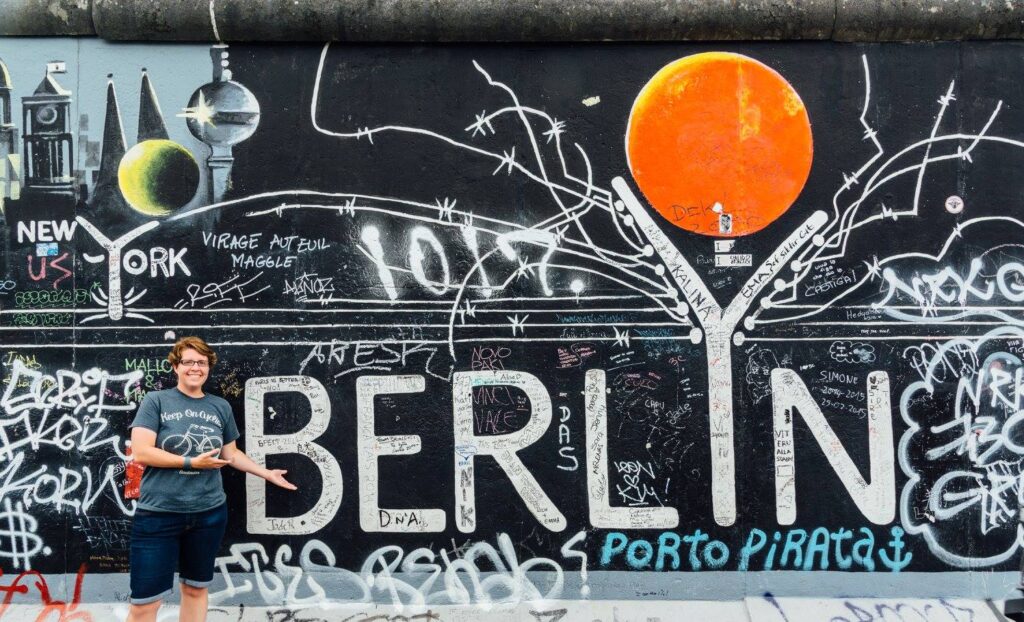
So, with the help of a friend, I was able to connect with five DHOH travelers – most of whom plan at least one or two international trips per year in addition to multiple domestic getaways in the U.S.
In this article, we delve into their sometimes-complex trip-planning process when booking a flight, tour, or making reservations for a place to stay. We also cover how the travel industry is falling short on making travel easier for them, and they were more than enthusiastic about offering solutions to valid concerns. Anyone who is a hearing traveler will find this to be an eye-opening perspective on how the DHOH travel.
Planning Air Travel
Most of the Deaf and Hard of Hearing people I connected with for this article have been deaf since birth or at an early age, and even though the DHOH community is just as diverse as the LGBTQ+ community, they do have similar methods in common when it comes to planning a trip. For booking flights, DHOH people usually avoid booking exit rows on planes simply because they can’t hear the announcements and if there was an in-flight emergency, they would not be able to communicate with other passengers effectively for an emergency plane evacuation.
Because of COVID, wearing masks have created an extra barrier for people who can read lips when it comes to communicating with people in person. Mathematical statistician Tim Stewart recalls a negative experience. “On a flight to Zurich, a flight attendant got upset with me for not informing the airline in advance that I was deaf,” said Stewart. “What he didn’t realize was that I could lip-read, but both of us wearing masks completely removed my ability to communicate.”
Stewart continues, “Instead of being upset with me and ignoring me during the flight, the flight attendant could simply change his communication style and be more accommodating and friendly as a representative of United Airlines. I have the same right to travel as everyone else.”
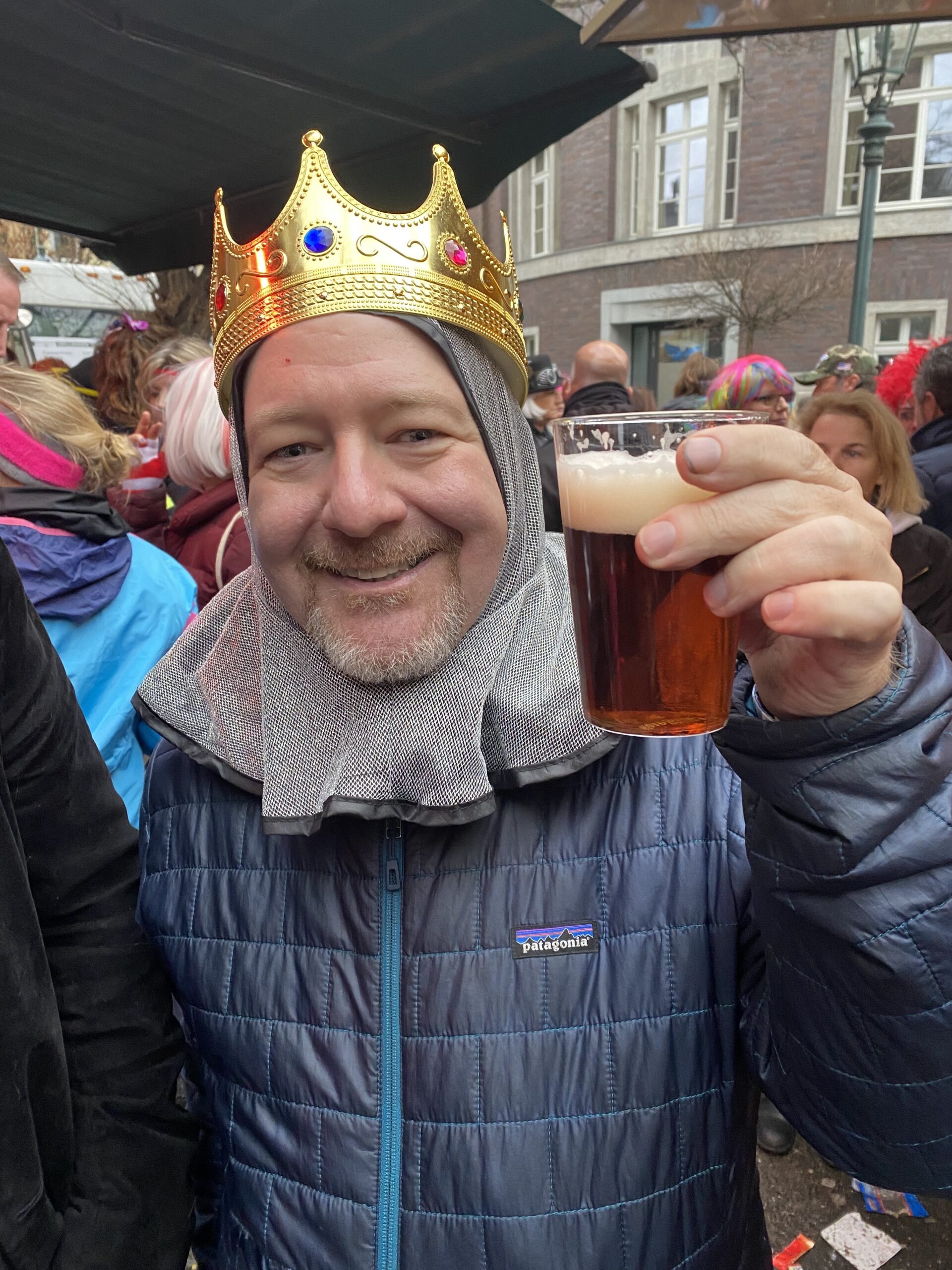
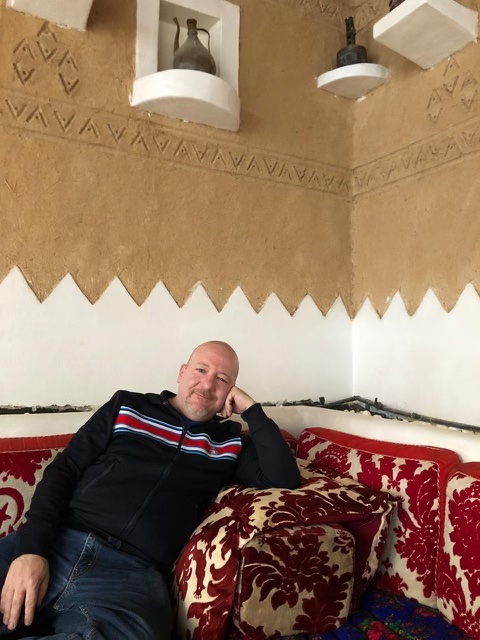
Making Connections with Other DHOH People
Before making flight arrangements, travelers like Taryn Peterson – on her personal goal to see all 50 states before she turns 50 – says she always tries to reach out to the deaf community wherever she plans to travel.
“I can usually utilize the ‘Deaf network’ and someone in my close circle of friends, who will often know someone or have connections with someone in the place I’m visiting,” said the 34-year-old student life advisor for a residential deaf school in Council Bluffs, Iowa. “It’s always nice to see a new place and if possible, be guided by someone that is Deaf/HH like me.”
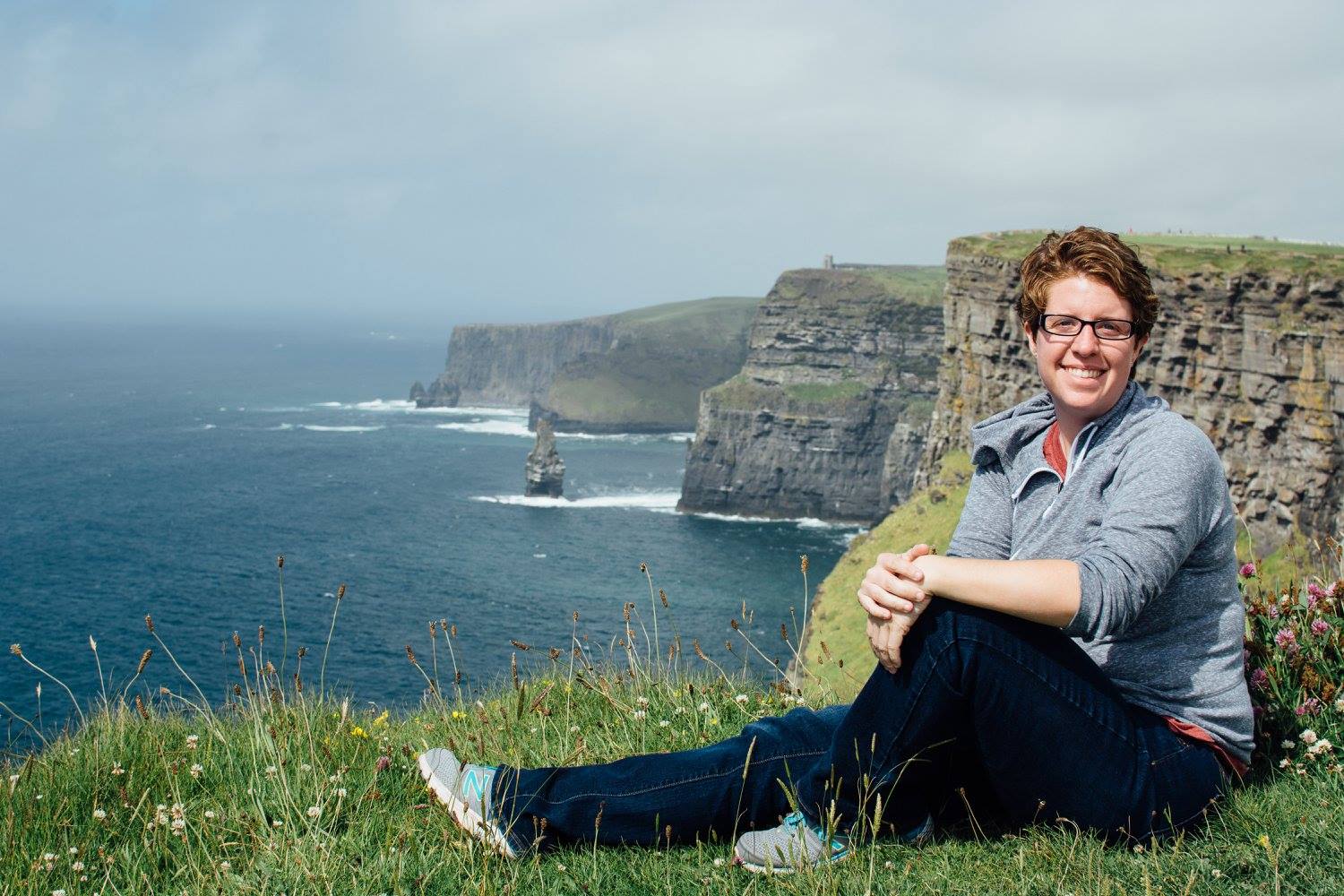

Sightseeing Tours and Museums
For some travelers with adrenaline-pumping travel interests, like Will Johansson, a rollercoaster enthusiast, extra steps have to be taken to make sure he can use his California driver’s license to drive to amusement parks. Fortunately, he didn’t have an issue getting an international driver’s license, and most countries never challenge his ability to drive because he’s deaf.
One thing Johansson tries to avoid when traveling is group sightseeing tours. “I don’t do group tours often and prefer to do things at my own pace, particularly if the group tours are more geared toward hearing people anyway,” said the 36-year-old software engineer from the San Francisco Bay area.
Some deaf and hard of hearing people find excursions (tours, cruises, etc.) that are accessible and provide subtitles or an interpreter. And then more adventurous travelers, like Taryn Peterson, go even if those ‘extras’ aren’t available. In fact, she decided to take a bike tour in Amsterdam without an interpreter. She said her tour guide was cool about it and he tried his best to gesture and enunciate clearly. She understood 60% of what the guide was saying through lipreading.
One of her favorite tour experiences was visiting St. Paul’s Cathedral in London. “I was really impressed… they had mobile devices with videos presented in British Sign Language and English subtitles explaining different areas of the cathedral,” said Peterson. That was the first time I’d seen something like that.”
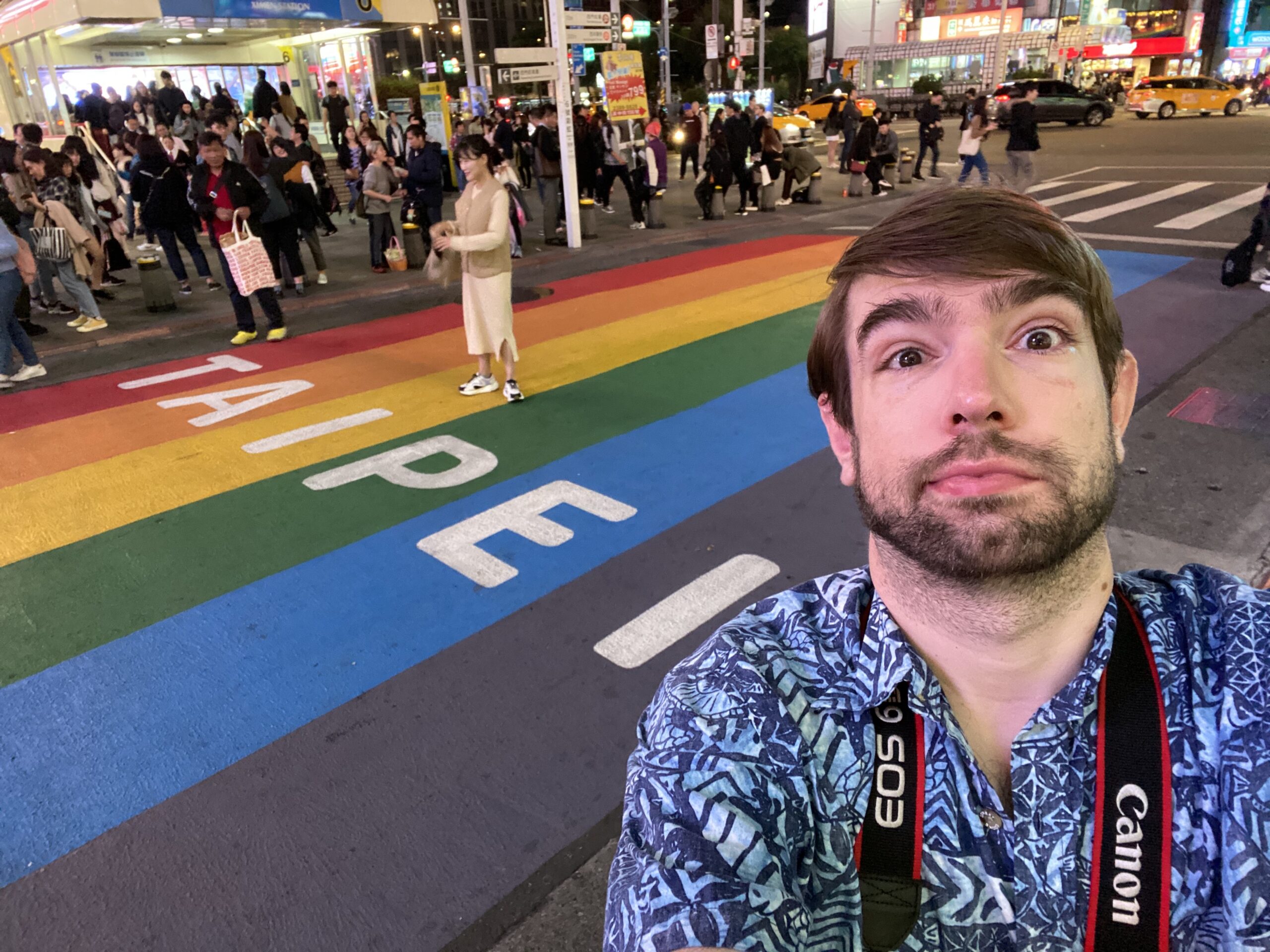
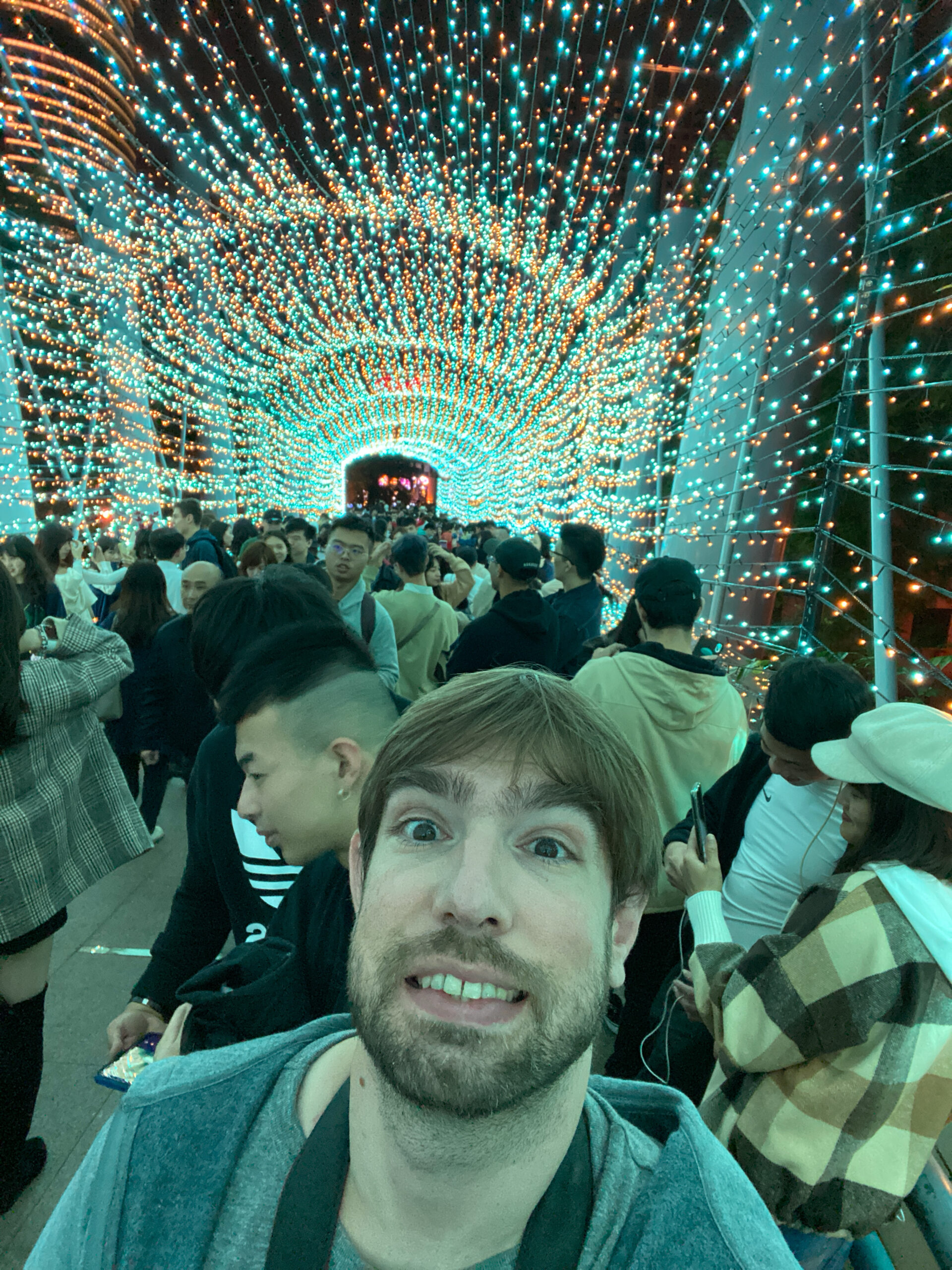
Finding a Place to Stay
In addition to tours, the Deaf and Hard of Hearing community also have an extra set of circumstances when it comes to finding a place to stay. Hotels are pretty manageable for most, but when it comes to vacation rentals, B&Bs, or inns, things can get a little dicey. When looking for places to stay, DHOH people try to look for places where they don’t have to communicate on the phone and where they can self-check-in or make the necessary arrangements online.
“It avoids miscommunication or misunderstandings,” said Alex Bryce, a statistical programmer from Alexandria, Virginia. “There was a situation on a recent trip where I arrived late at an inn, where I was staying for the night. The front office was locked and there was a sign on the door with a phone number to call. I couldn’t make phone calls. Luckily, the owner came back, or otherwise, I would have been stranded.” For a hearing guest at the inn, it’s a simple call, but to a deaf traveler, it’s also a possibility, that at the last minute, they may have to find another place to stay.

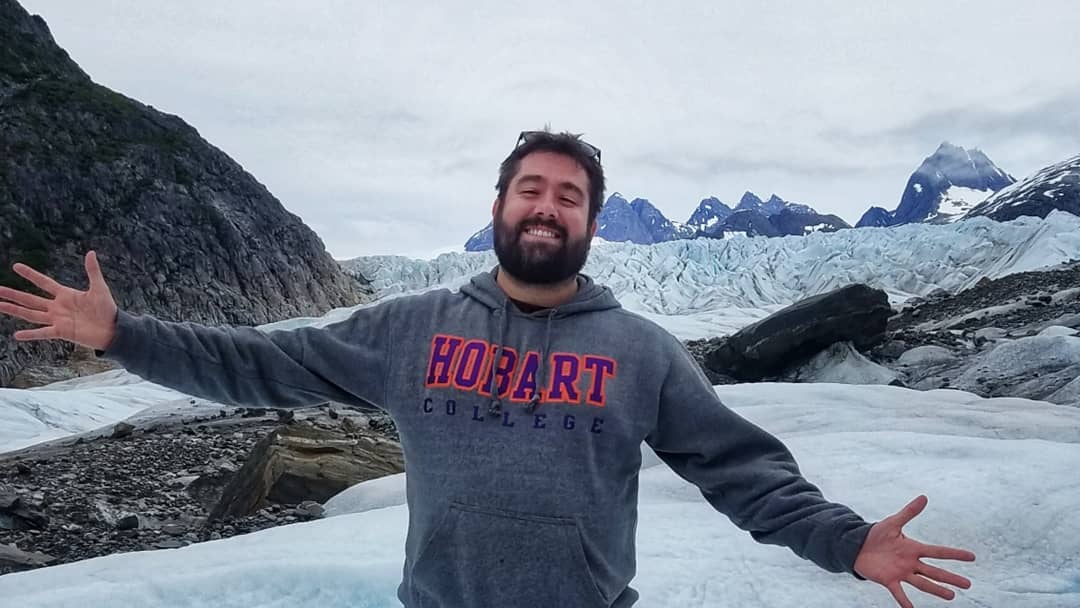
Better DHOH Services Required at All Transportation Hubs
Just based on a few of the experiences, you’ve already read about, changes need to be made across the travel industry to accommodate DHOH people to ensure they have smooth, seamless travel experiences, even if that means having at least one employee who can sign or someone familiar with working with the DHOH community. Representation helps put some anxious travelers at ease.
Michael Anthony, a senior software engineer in Seattle, believes the travel industry needs to become more knowledgeable about DHOH people and learn that one solution does fit everyone. “The common problem of indicating I have a disability – or specifically indicating I’m deaf – on airline forms, only to be greeted with a wheelchair (that I don’t need) at the gate, is largely indicative of this,” said Anthony. “Understanding everyone’s experience is unique and allowing us to determine and share what we need instead of making these assumptions is probably the biggest thing that needs to change.”
In connecting with these diverse travelers, it’s pretty clear that all transportation hubs – including airports and train stations – need to do a better job when it comes to serving this marginalized community. Even with travel app notifications, airports and train stations do a terrible job of communicating flight delays, gate changes, and other important updates to DHOH customers.
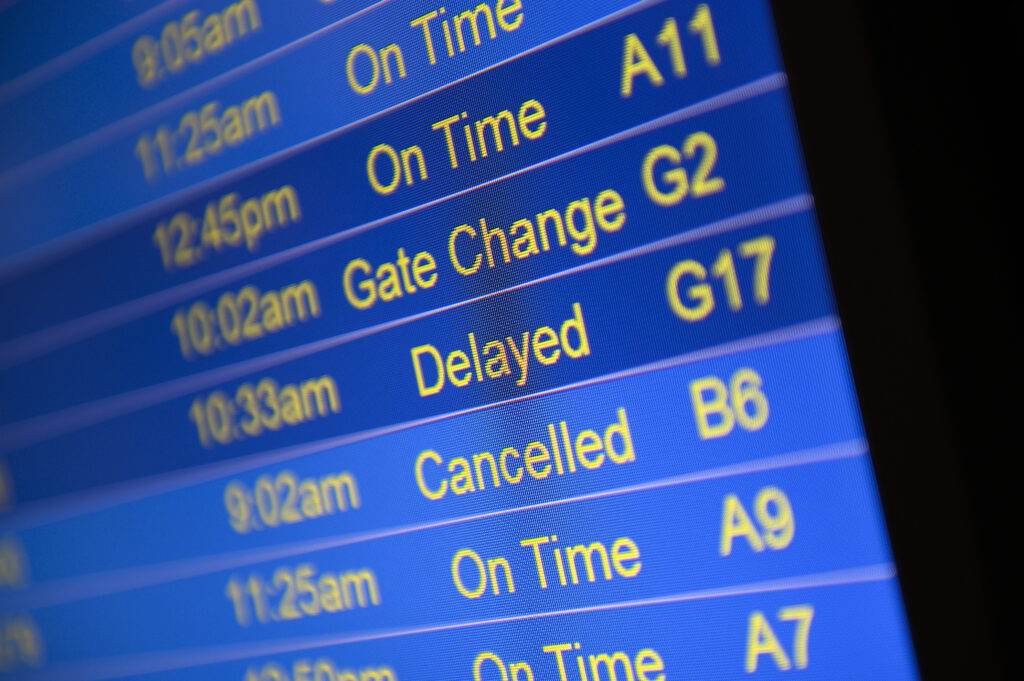
Any verbal communication should be available through a visual alert on screens posted throughout a train station or airport. Travel personnel agents should speak clearly (for lip readers) and be flexible and patient enough to communicate with a DHOH traveler, even if that means relaying an important message via a written message on paper.
In some cases, not providing some form of update or explanation at the airport or in-flight can result in confusion. Tim Stewart recalls a few flights where he landed at a different airport due to inclement weather and he had no idea.
Stewart offers these strong words of wisdom and advice to the travel industry: “Be flexible to use gestures, text using a phone or a computer, or write back and forth on paper. It may be awkward at first contact, but the DHOH person will always appreciate the additional efforts on your part to communicate. Do not place all communication burden on the DHOH person; we have spent years adjusting ours to fit in the hearing world.”
There are a number of resources and travel agencies available to help DHOH travelers, including one that Michael Anthony recommended. Hands On Travel is a deaf-owned and operated travel agency that focuses on group tours.
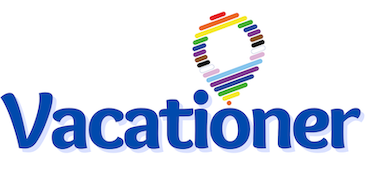



My late mother in law was very HoH, and my sister in law put her on a plane from LA to NYC, but didn’t tell mom there was a plane change in Chicago. Needless to say, mom was VERY confused: couldn’t hear announcements, had trouble finding staff who could help her and of course missed her ( unknown!) connecting flight! She finally found someone patient enough to exchange notes on paper back & forth, got mom on a plane and got through to her daughter in NYC when mom would be arriving. Crazy!